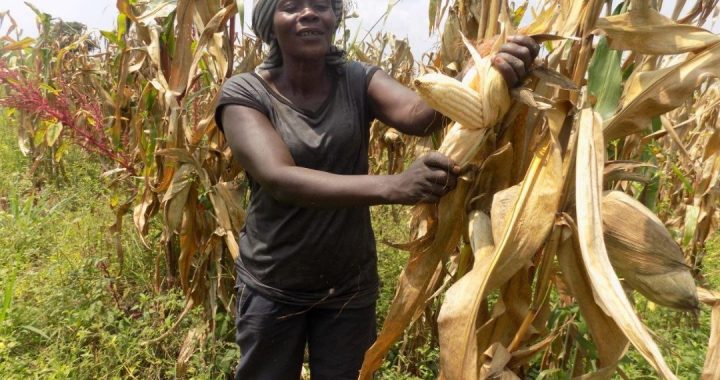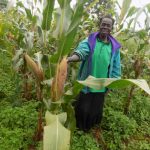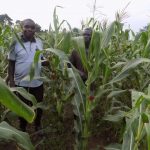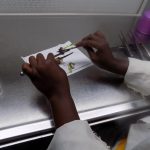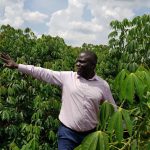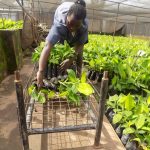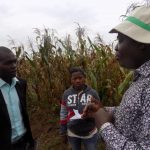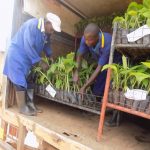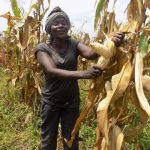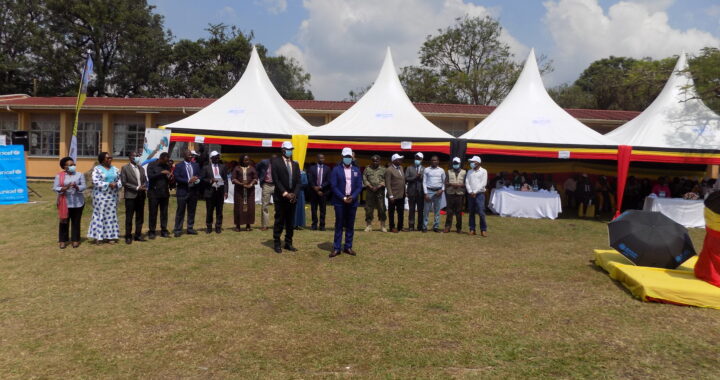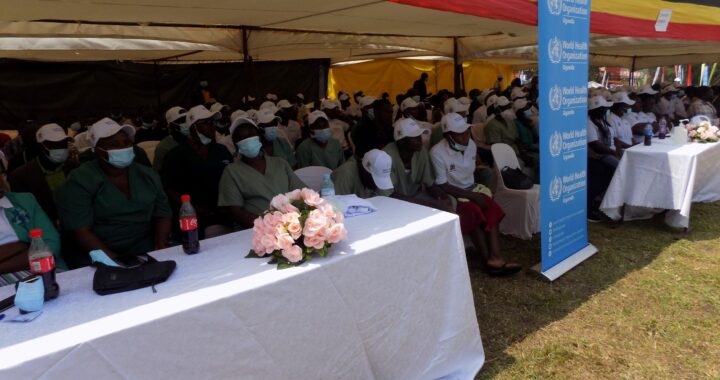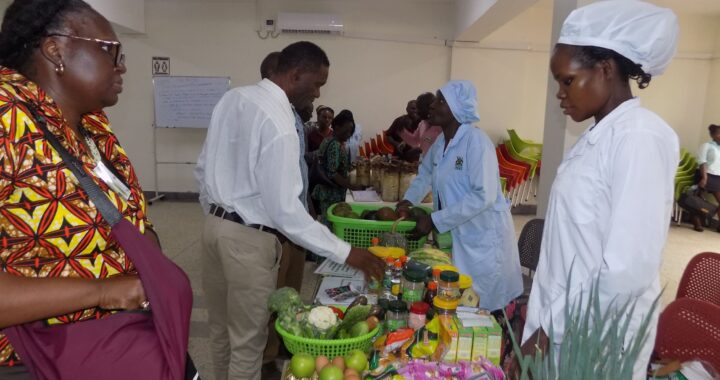Biotech Enthusiasts March for Science in Kampala
2 min read
By Christopher Bendana
Kampala
Students, scientists, and farmers marched in support of the adoption of agricultural biotechnology last week. The march organized by Replant Africa, a pro-science organization, started from the College of Natural Science at Makerere University. The march was led by a band and passed through the Makerere University estate gate, joined Bombo road, then branched off and passed near the College of Veterinary Medicine, joined Sir Apollo Kaggwa road then back to the College of Natural Science.
Dr Andrew Kiggundu, a biotechnologist from the National Agricultural Research Organization said he was marching to show support for his Kenya counterparts whom NARO has worked with to develop GM crops including cassava.
“We are happy a step has been taken in approval for adoption of some of our genetically engineered technologies in the fight for food security,” he said.
Some genetic engineering breeding programs including cassava, rice, potato, and maize are regional, and continental. For instance, the Virus Resistant Cassava for Africa (VIRCA) is in Uganda, Kenya, and Nigeria. It focuses on breeding cassava varieties that are resistant to the Cassava Brown Streak Disease.
It is a collaboration among the National Crops Resources Research Institute, Namulonge in Uganda, the Kenya Agricultural and Livestock Research Organization in Kenya in East Africa, the National Roots Crops Research Institute in Nigeria, and the Danforth Center in the United States.
The Nitrogen-Use Efficient, Water-Use Efficient, and Salt-Tolerant Rice project (NEWEST) is the other biotech project running in several African countries. It is a collaboration among Uganda, Ghana, and Nigeria. The collaboration is funded by the United States Agency for International Development (USAID). The project aims to breed rice varieties that utilize nitrogen and water efficiently.
Additionally, there is the Water Efficient Maize for Africa Project (WEMA – hosted by the African Agricultural Technology Foundation) which runs in several countries in Eastern and Southern Africa and is aimed at breeding maize varieties that are drought tolerant and also resistant to the stem borer
Patricia Nanteza, the director at Replant Africa said Kenya’s move to lift the ban on genetic engineering technology would motivate other countries to follow suit.
Robin Okot Musoga, a Makerere University student said he was marching in support of the technology to inform the public that the advantages of the technology outweigh the disadvantages.
Breeders working under national research institutes have been developing crops that are resistant to pests and diseases and others have had their nutrition value enhanced.
Kenya joins a list of a few African countries that have adopted the technology. They include; South Africa, Sudan, Egypt, Nigeria, Kingdom of eSwatini, Malawi, Ethiopia, and Ghana.
